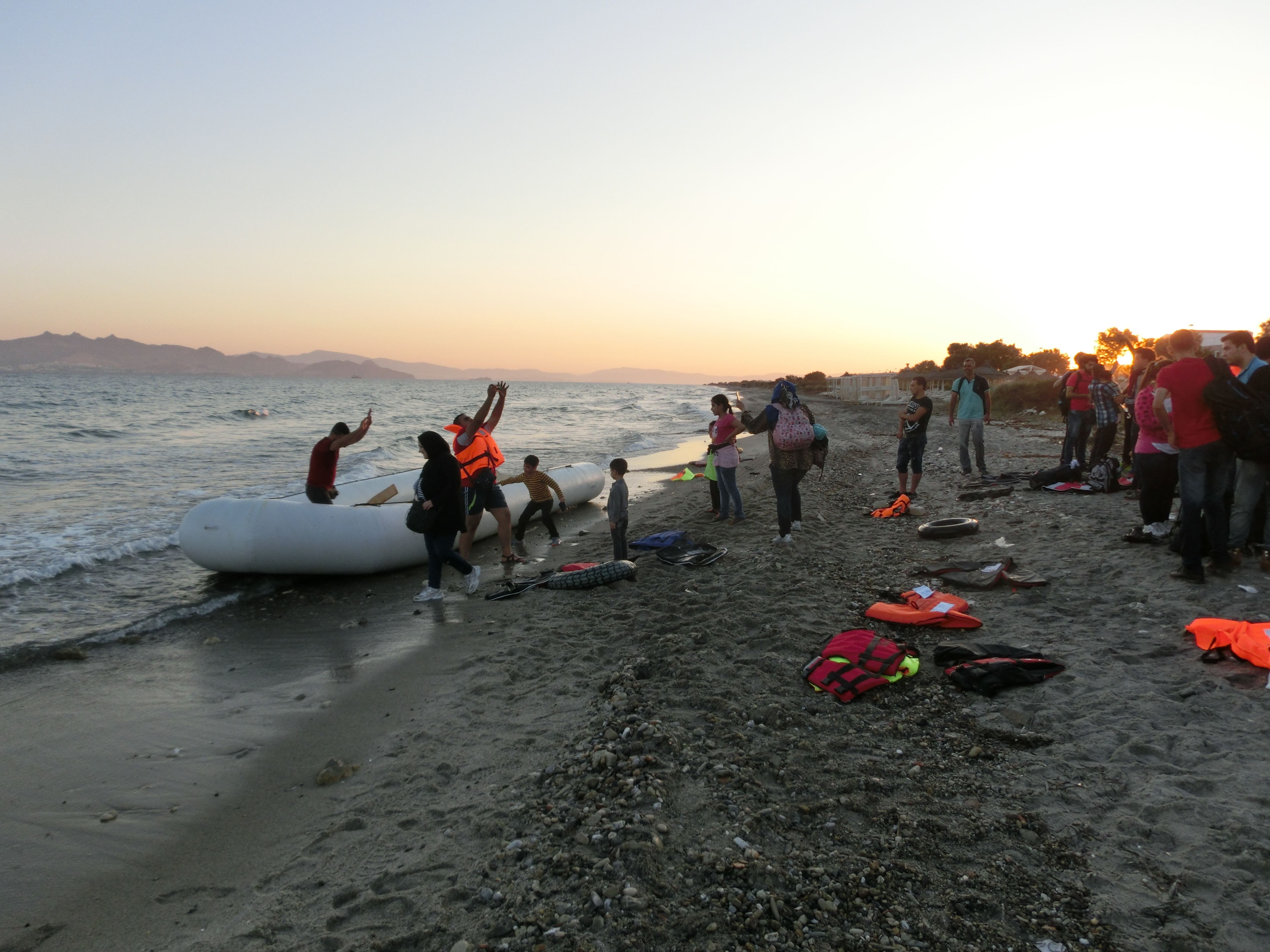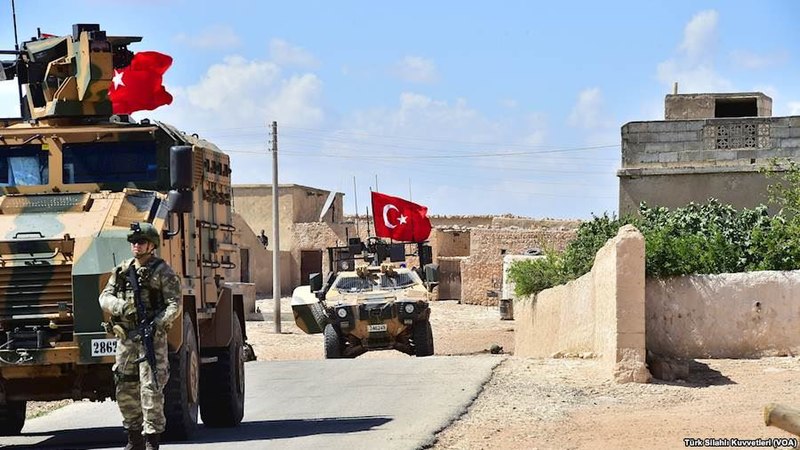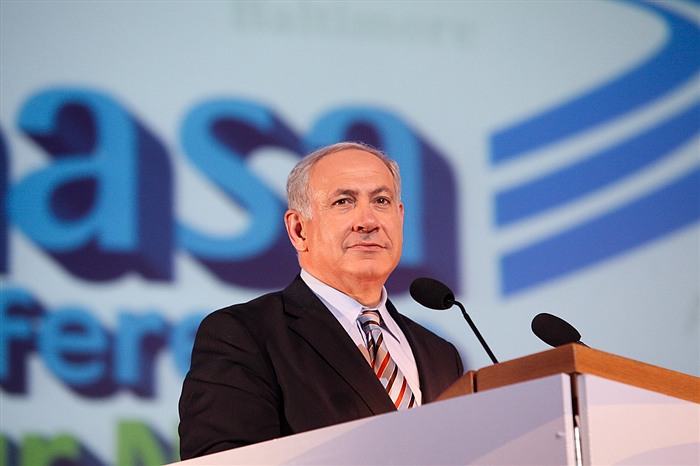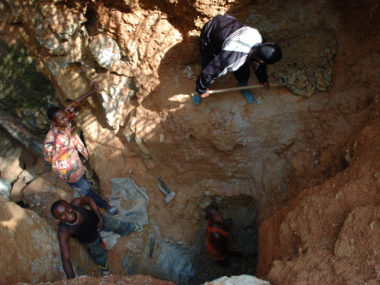By Devon Cone and Kelsey P. Norman for Denver Dialogues.
EU heads of state met two weeks ago at a summit in Brussels to discuss migration, Brexit, and the Eurozone. On the migration front, leaders found little consensus in terms of internal burden-sharing among member countries, but were in broad agreement about further burden-shifting beyond the EU. For instance, EU leaders called for the creation of migrant processing centers (‘disembarkation platforms’) in North and sub-Saharan African countries such as Algeria, Egypt, Libya, Morocco, Niger, and Tunisia—so far none of the countries have agreed, and some have stated that they would be unwilling to host any such centers. Unfortunately, this most recent decision reflects an ongoing unwillingness among EU leaders to uphold human rights and provide a sustainable solution to the plight of refugees.
What Happened to the EU-Turkey Deal?
In March 2016 the EU and Turkey agreed to a deal whereby Turkey would accept the return of asylum-seekers and irregular migrants who arrived in Greece in exchange for the resettlement of Syrian refugees from Turkish refugee camps to EU member states. As of March 2018, 2,164 refugees had been returned from Greece to Turkey and only 12,489 Syrian refugees had been resettled from Turkey to the EU under the deal. Those returned to Turkey had either ‘voluntarily’ accepted to return, received a negative asylum decision, or had not been able or willing to complete their asylum procedure in Greece.
Asylum-seekers still in Greece are effectively trapped at the doorstep of Europe. Greece’s neighbors have closed their borders to the entry of asylum-seekers, effectively shutting down their access to countries outside of Greece, regardless of the receiving policies in more progressive European countries.
The inability to fully implement the EU-Turkey deal has led to the current situation, with just shy of 60,000 asylum-seekers in Greece and almost 15,000 new arrivals so far in 2018. Whether due to deliberate inaction or limited resources and capacity, the result is the same: (1) overcrowded, unsanitary living conditions, (2) protection risks such as sexual assault, and (3) frustration on the part of asylum-seekers with the pace of decision-making.
Very little progress had been made on the diplomatic benefits promised to Turkey as part of the deal: the visa liberalization scheme for Turkish nationals, EU accession talks, and negotiations over a customs union have stalled. The deal has been contested in various legal venues, including the Greek court system and the European Court of Human Rights. To circumvent Article 218 of the Treaty on the Functioning of the European Union and to evade responsibility for the deal’s legal implications, EU leaders have framed the EU-Turkey statement as an informal arrangement or standard operating procedure, rather than an official international agreement.
Regardless of the deal’s implementation failures and legal challenges, EU leaders have largely hailed the effort as a success, with arrivals via the eastern Mediterranean route down by 97%. Consequently, the premise of the deal is being replicated across the south Mediterranean—in conjunction with Libyan authorities, for example—in order to further decrease arrivals along the central Mediterranean migration route.
In addition to offshoring migrant and refugee hosting, EU governments have also begun to target civil society and humanitarian organizations that attempt to assist migrants and refugees. The newly elected Italian government is disallowing humanitarian rescue boats to dock in its ports as of June 2018, and Malta has followed suit with a hardline approach. On May 29, Hungary introduced draft legislation that would restrict the ability of NGOs and aid workers to offer services to asylum-seekers, enhancing limitations first introduced by the Parliament in February. Catherine Woollard, Secretary General of the European Council on Refugees and Exiles in Brussels, announced at a conference in Barcelona two weeks ago that she expects the Council’s members in Hungary to be in jail by the end of the year for measures as innocuous as distributing information leaflets to asylum-seekers. All of these measures will have a negative, and potentially fatal, impact on migrants and refugees.
Now What?
Despite the failures of EU policy to date, all is not lost. Just last Friday, UN member states convened in New York to finalize the text for the Global Compact for Safe, Orderly, and Regular Migration, which will be formally adopted at a conference in Morocco in December. General Assembly President Miroslav Lajčák stated that the compact, “…can provide a new platform for cooperation. And it can be a resource, in finding the right balance between the rights of people and the sovereignty of States.” At the moment, however, this balance is weighted heavily in favor of state sovereignty at the expense of the rights of migrants and refugees. At the same time that nation states were convening in New York to negotiate the final wording of the Compact, migrants were continuing to perish in the Mediterranean, a direct result of restrictive policies and the continued prioritization of state security over migrant rights.
For the Compact to have a meaningful impact on the plight of migrants and refugees, European leaders must make good faith efforts to implement the principles set out in the Compact. This will only happen if EU countries begin to provide significantly more pathways for legal immigration rather than pushing refugees, asylum-seekers, and other vulnerable migrants toward dangerous sea voyages. Migration to Europe is inevitable, but Europe’s policies can determine the number of tragic Mediterranean deaths in the second half of 2018 and beyond.
Devon Cone is a refugee protection practitioner who has worked for UNHCR in multiple countries, advised governments on refugee-related policies and is currently the Director of Protection Programs for an international NGO focused on refugee rights and integration. The views of this article are all her own. Kelsey P. Norman is a postdoctoral fellow at the Sié Chéou-Kang Center.







